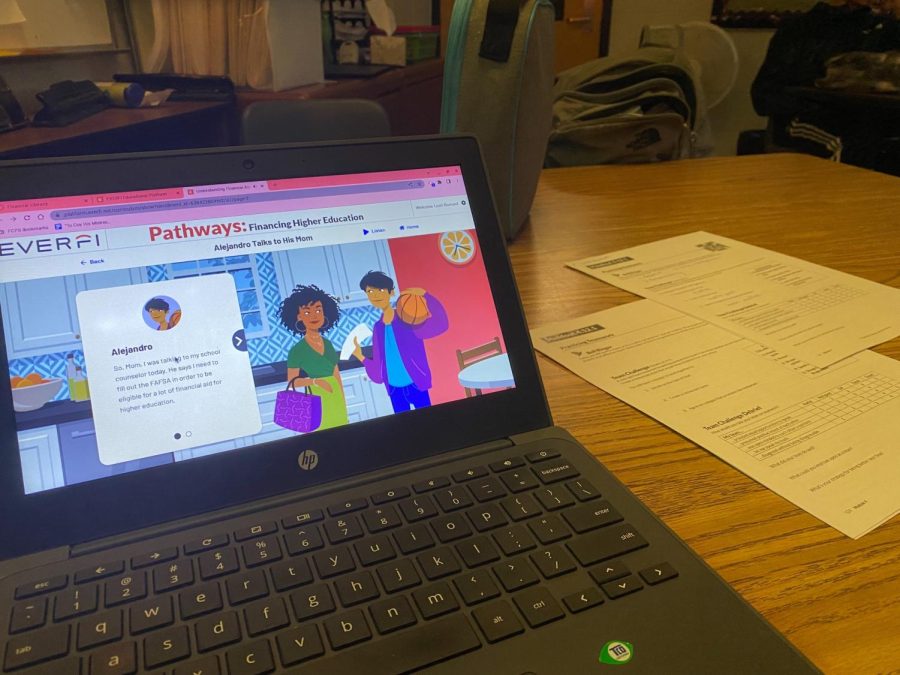Henry Clay’s advisories come in all shapes and sizes
November 29, 2022
HC’s advisory period was added to all students’ schedules during the virtual school year of 2020 – 2021. Advisory is intended to provide teachers and students a period to engage in social-emotional learning (SEL), financial literacy, and other miscellaneous activities assigned to teachers. Despite its good intentions, the advisory period has provided teachers and students with additional stress and school work on top of an already busy schedule.
SEL was first introduced to students in a virtual learning environment to help and guide students struggling with the isolation and stress provided by the pandemic. SEL was continued unexpectedly during in-person school and became a chore for most students and teachers. Regardless of their mental health, most students disregard SEL worksheets and activities due to the lack of professionality. Teachers aren’t trained to assist students with SEL and shouldn’t have to be.
In addition to SEL, students must complete financial literacy courses through EVERFI. EVERFI is a digital program intending to integrate real-world learning into schools and prepare students for their future outside of high school. EVERFI wouldn’t be a problem, except that most advisory teachers aren’t equipped to teach students about financial literacy. Whether it be questions about the content or the hard-to-reach website, teachers and students often struggle to complete this course requirement.
Before the introduction of SEL and EVERFI, the advisory period was widely used as a study hall or work period. This period benefited many students allowing them to complete homework, re-take tests, and get help from other teachers. To some, it was just a well-needed break. With SEL and EVERFI, students are extremely limited in where they can go and what they can do within the period.
Advisory teachers are also tasked with providing students with countless amounts of information, such as ACT registration forms, student surveys, transcripts, etc. Before the creation of advisory, English teachers were responsible for this; however, the extension of this responsibility to advisory teachers has only added to the crowded 25-minute period.
HC administration has also been highly restrictive with students leaving their advisory classes. Students’ privileges, such as visiting a counselor, taking a test, or just going to the library, have been revoked or discouraged.
In addition to these restrictions, advisory class content is inconsistent. Some teachers follow the provided curriculum strictly, while other teachers do not. Not only is this frustrating to students, but teachers alike are frustrated about the mixed messages.
The advisory period has not only become a burden for HC students but teachers as well. With the addition of new graduation requirements, credits, and unfamiliar subjects, it’s no mystery why students loathe the advisory period. Similarly, many teachers feel unqualified to teach these courses along with paperwork instruction. HC students and teachers should not be forced to complete fruitless work. FCPS and administrators have continuously overlooked student and teachers’ concerns with advisory. Students and teachers deserve to have their opinions considered, especially when it is a part of their daily schedule.

